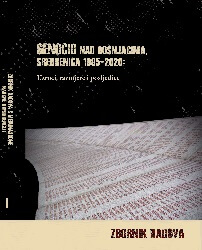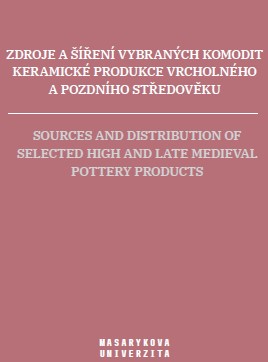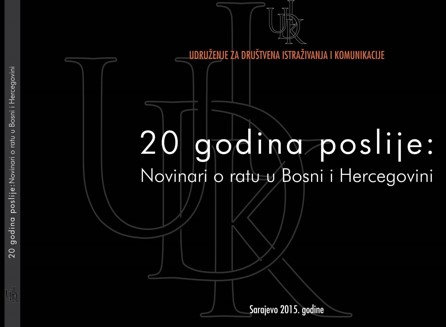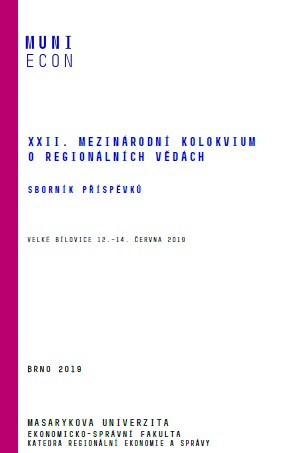
Genocid nad Bošnjacima Srebrenice 1995. godine – pretpostavka za njen poseban društveno-razvojni status
A small town Srebrenica, located in the eastern part of Bosnia and Herzegovina became globally known after the genocide of 8372 Bosniaks in July 1995. Three months before the Dayton peace agreement was signed, in November of 1995, the Army of Republika Srpska troops led by General Ratko Mladić committed genocide. Other than killing over 8.000 Bosniak men, they persecuted thousands of Srebrenica inhabitants. The Hague tribunal handed down verdicts for the crime of genocide in Srebrenica in seven separate court proceedings. Radovan Karadzic was sentenced to life imprisonment before the International Residual Mechanism for Criminal Courts, while the Mladic case is on appeal. The attitude towards Srebrenica, as a place of genocide, in international institutions, then in the institutions of the European Union, is positive and proactive. The relationship between the Republic of Serbia and the Republika Srpska is contained in the social and political negation of the crime of genocide in Srebrenica. This is a fact that for the past 25 years has been an obstacle to restoring trust between the Serb and Bosniak people both in Bosnia and Herzegovina and in the Western Balkans region. The city of Srebrenica and the local settlements in the area exist in the absence of wider support: social and financial for the sustainability of the return of the displaced and refugee population from Srebrenica in 1995. Attempts by organizations from Srebrenica and the Federation of Bosnia and Herzegovina to obtain a special administrative and developmental status within Bosnia and Herzegovina, due to the surviving crime of genocide and the devastation of the economic basis of life, failed in 2007. As part of the elaboration of the selected topic, this paper brings a critical analysis of the insight into the relationship of state institutions of Bosnia and Herzegovina, and then the relationship of neighboring countries, and the relationship of EU institutions and the international community towards the return of refugees to Srebrenica and economic and cultural development of Srebrenica from 1996 to 2020. An attempt will be made to initiate a special social and development status of the city of Srebrenica with the aim of development and sustainability of return in the city and municipality of Srebrenica. The adoption of a special law at the level of Bosnia and Herzegovina will be advocated, which would provide solidarity funds for the development of the city of Srebrenica.
More...







